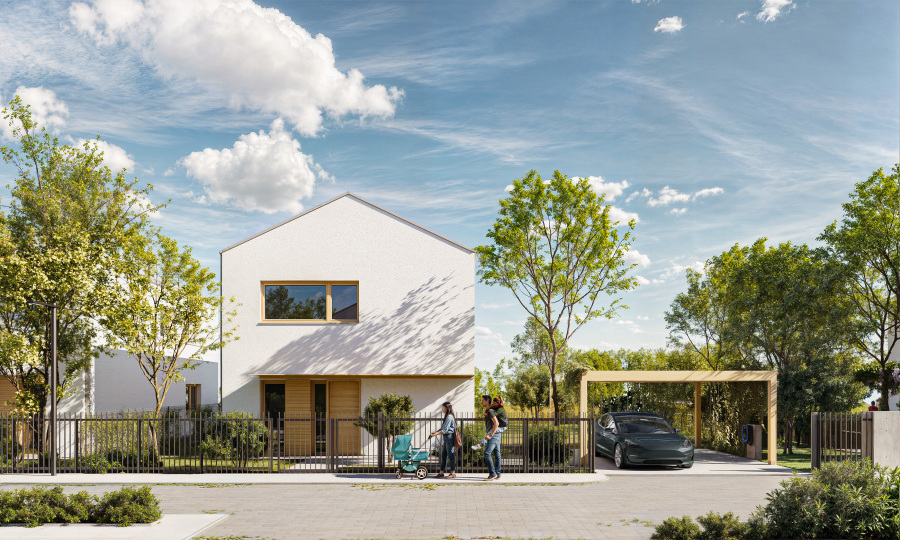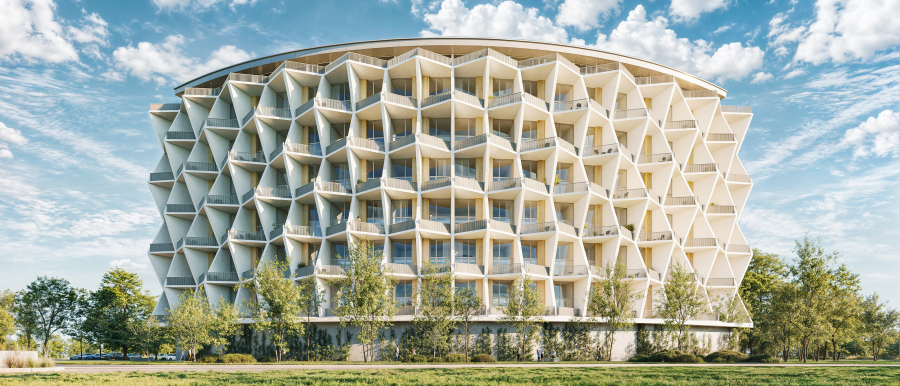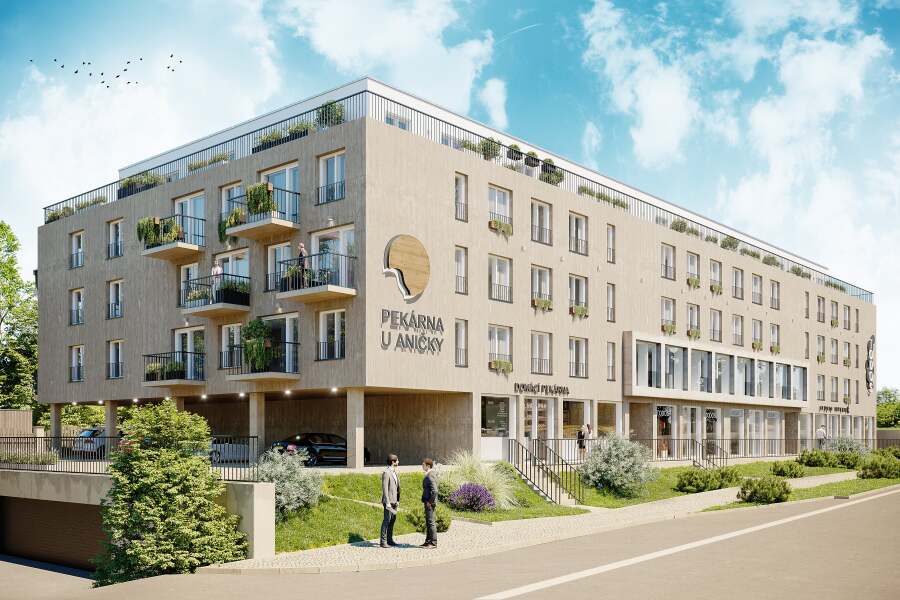When does the pre-handover and the actual handover of the unit take place?
Pre-handover (Předpřejímka)
The pre-handover always takes place before the signing of the purchase agreement. Its purpose is for the future buyer to check the actual condition and technical execution of the unit. Any discovered defects or unfinished work are recorded, and the seller will ensure their rectification so that the final handover of the unit can proceed without complications.
Handover of the unit
The actual handover of the unit occurs after the signing of the purchase agreement and the full payment of the purchase price. The handover takes place on the basis of a handover protocol and includes the transfer of the unit, along with any accessories. It includes handing over the keys, access chips, and possibly codes, recording the current states of meters (water meter, electricity meter, heat meters), and transferring the utility contracts to the buyer.


